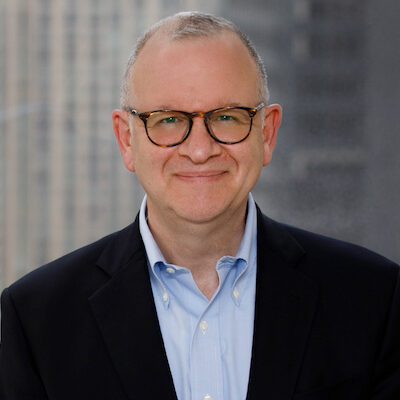
Jeffrey I.D. Lewis
Partner
Foley Hoag
Jeffrey I.D. Lewis is a partner at Foley Hoag. He regularly represents plaintiffs as well as defendants – both at trial and on appeal – in a range of technology-related sectors with a focus on pharmaceuticals, chemicals, mechanical/medical-device, biotechnology and life sciences, and has represented pharmaceutical innovators in numerous Abbreviated New Drug Application (ANDA) patent litigations. Jeff has been lead counsel in several dozen cases before the U.S. federal district courts and other tribunals, often trying them to conclusion, and argued numerous appeals before the U.S. Court of Appeals for the Federal Circuit.
Jeff is a past President of the American Intellectual Property Law Association (AIPLA) and the United States national group of the Association Internationale pour la Protection de la Propriété Intellectuelle (AIPPI), as well as a fellow of both AIPLA and the American Bar Foundation. Jeff is active in a number of other intellectual property bar associations. In addition to his work on behalf of clients, Jeff has appeared as Counsel of Record for amicus curiae in numerous cases before the Supreme Court of the United States, U.S. Court of Appeals for the Federal Circuit, and other courts involving a diverse array of issues; and he is currently chair of AIPPI’s worldwide amicus committee.
Jeff frequently writes and speaks on intellectual property and litigation issues, and he was an adjunct professor at the Benjamin N. Cardozo School of Law at Yeshiva University from 1999 to 2012. He received his J.D. from that school, cum laude, and his B.S. Ch.E. from the University of Connecticut. He also served as an Alexander Judicial Fellow to the Honorable Marion T. Bennett of the U.S. Court of Appeals for the Federal Circuit.

Recent Articles by Jeffrey I.D. Lewis
Recent cases in the European Patent Office (EPO), the UK, and United States illustrate substantive differences between these jurisdictions as they continue to develop their inventive step/nonobviousness frameworks. In particular, the EPO and UK have recently provided guidance on a concept known as “plausibility,” i.e., whether the scope of the patent must be justified by the patentee’s technical contribution to the art in solving an identified problem. “If it is not plausible that the invention solves any technical problem then the patentee has made no technical contribution and the invention does not involve an inventive step.” Sandoz Limited v. Bristol-Meyers Squibb Holdings [2023] EWCA Civ 472. That standard, however, is quite dissimilar from the United States’ statutory standard of whether “the differences between the claimed invention and the prior art are such that the claimed invention as a whole would have been obvious…”
When a patent or trademark applicant loses in front of the U.S. Patent and Trademark Office (USPTO), they can either appeal to a court of appeals or develop a fuller record by starting a district court action. If the applicant goes to district court, then the applicable statute says that the applicant-appellant pays “[a]ll the expenses of the proceedings,” and everyone at one time agreed that those expenses did not include fees for the government’s attorneys. That changed in 2013, when the USPTO unilaterally started including its attorney and support staff fees amongst the expenses. On the first Monday of October—the first day of arguments in the Supreme Court’s 2019 term—the Court will hear argument in Peter v. NantKwest, No. 18-801. The question in that case is whether the word “expenses” includes the government’s attorneys’ fees. On July 22, we filed an amicus brief on behalf of the American Intellectual Property Law Association (AIPLA) arguing that it does not.

![[IPWatchdog Logo]](https://ipwatchdog.com/wp-content/themes/IPWatchdog%20-%202023/assets/images/temp/logo-small@2x.png)